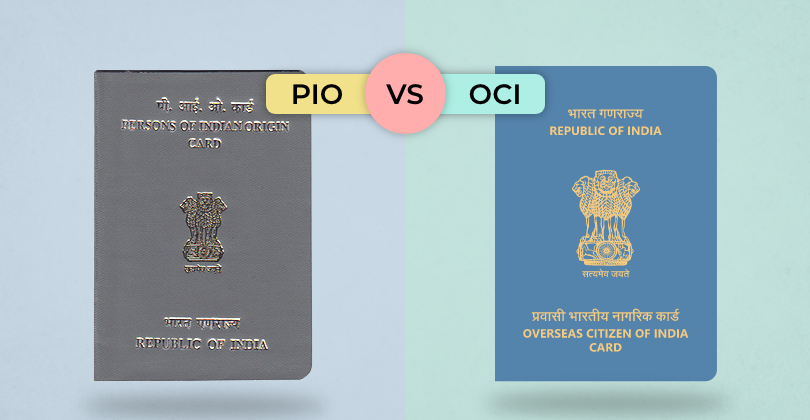Are you of Indian origin and living abroad? You've probably come across terms like PIO and OCI. These cards offer different benefits, but it can
Everyone has a different way of managing their money and planning their financial expenses. Some people are organized and track their money down to the last rupee. They know where they're spending their hard-earned money, and cut down on unnecessary expenses and save more. Then some believe in the concept of "you only live once", or YOLO. Their mantra is this: have money, will spend. People from this segment don't think of just walking into a store and buying the first thing they see. No matter which school of thought you subscribe to, the fact remains that every purchase – every financial decision you make – affects your mental health. Having financial discipline is crucial today, and here are four steps to help you build just that:
1.Set Specific Financial Goals
Do you want to buy the latest flat-screen television or the latest Apple Watch? Or have you tried to go on a solo trip for the longest time and just couldn't (because you didn't have enough cash)? Even though availing extra money via online loans is very easy today, please remember to avoid debt if you can help it. Because in this case, you can! All you need to do is set up a specific financial goal for everything you want to accomplish and start saving. For example, if you want the latest Apple Watch, put aside a part of your salary towards it every month. When you finally purchase it, the sense of achievement and confidence will motivate you to make saving a habit.
📗 Related Blog- 4 Time Tested Ways to Build Wealth
2.Figure Out Your Needs and Wants
This is more of a mindset that you have to inculcate on your journey towards financial discipline. The sooner you understand this, the better. It's simple. You can't afford everything. You can’t pay rent and splurge on an expensive pair of sneakers just because you want to. You can't avoid being broke during the month-end if you choose to dine out with friends every weekend. If you want to build financial discipline, you need to be able to save. The first step towards saving money is splitting your expenses into ‘needs’ and ‘wants’ and figuring out how many of the latter you can live without.
3.Have a Separate Savings Account
'Spend what is left after saving' is an important attitude you must adopt if you ever hope to build any sort of emergency fund. Many people make the mistake of not saving a portion of their income after receiving their monthly salary. They almost always carry an attitude of "we'll see what happens". Well, I'm sure you know exactly what happens if you do that. The chances are that you've exhausted your salary by the 25th of the month. How do you avoid this mistake? Open another savings account. On the day of your salary credit, invest some part of it in a recurring or fixed deposit. Then, forget about it. Simple! Continue this for at least six months, and voila, you have an emergency fund!
4.Pay Off Your Credit Card Debt Every Month
Whether it's your online loans EMIs or credit card bills, make sure you pay them in full every month. Defaulting on these payments will both mess up your credit score and attract hefty late payment fees and high interest as well.
📗 Related Blog- 4 Ways to Save Money so that You Never Go Broke Again
In Conclusion
Inculcating financial discipline takes time, and the tips as mentioned earlier will help you get started on your journey. Just remember to have patience and always learn from your mistakes. You will fall and mess up, but don't give up after only one misstep. If you're looking for a platform that provides quick and easy access to online loans, you can always trust KreditBee. It is one of India's leading loan places online. To get more information on how you can avail of an online loan, email us at [email protected], and we will take it from there.
AUTHOR
KreditBee As a market leader in the Fintech industry, we strive to bring you the best information to help you manage finances better. These blogs aim to make complicated monetary matters a whole lot simpler.







